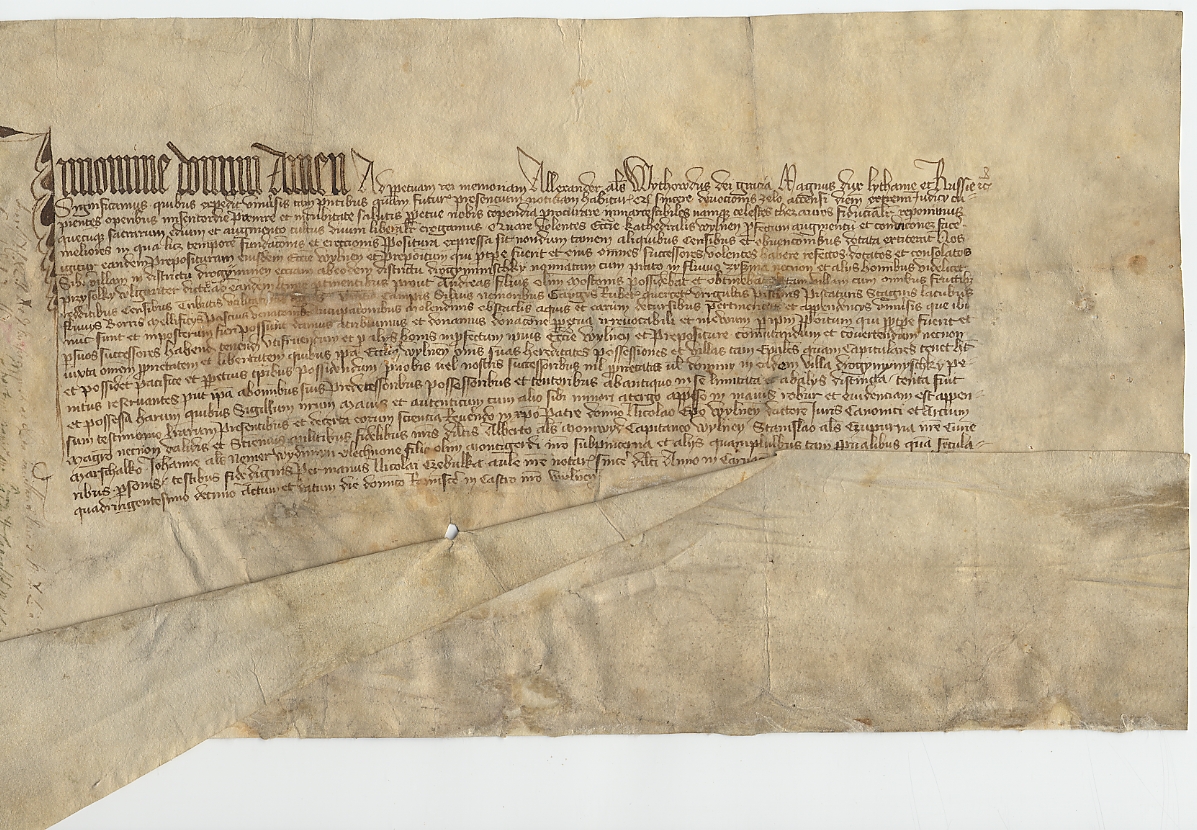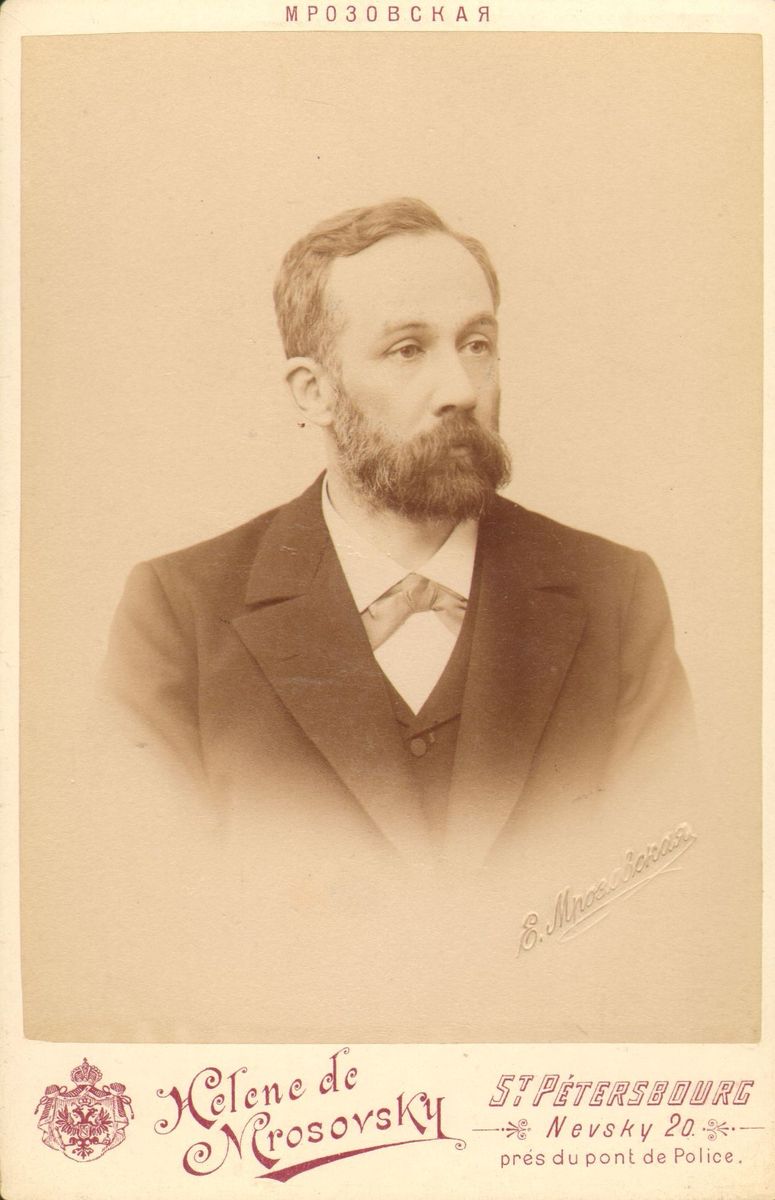|
Lietuvių Laikraštis
''Lietuvių laikraštis'' () was an illustrated Lithuanian-language weekly newspaper published in Saint Petersburg, Russian Empire, from 1 December 1904 to 19 January 1906. It was the first legal Lithuanian periodical published in the Russian Empire after the Lithuanian press ban was lifted in May 1904. Established by a Lithuanian businessman and supported by the Lithuanian clergy, the newspaper did not become popular in Lithuania and closed after a year due to financial difficulties. It paid substantial attention to the history of Lithuania while neglecting to cover current events in Russia (e.g. the Russian Revolution of 1905). Many prominent Lithuanians contributed material to the newspaper, including Jonas Mačiulis-Maironis who is believed to have incited its publication. History The Lithuanian press ban was lifted in May 1904. It is believed that Jonas Mačiulis-Maironis, who at the time was an inspector of the Saint Petersburg Roman Catholic Theological Academy, convinced ... [...More Info...] [...Related Items...] OR: [Wikipedia] [Google] [Baidu] |
Vytautas The Great
Vytautas the Great (; 27 October 1430) was a ruler of the Grand Duchy of Lithuania. He was also the prince of Grodno (1370–1382), prince of Lutsk (1387–1389), and the postulated king of the Hussites. In modern Lithuania, Vytautas is revered as a national hero and was an important figure in the national rebirth in the 19th century. ''Vytautas'' is a popular male given name in Lithuania. In commemoration of the 500-year anniversary of his death, Vytautas Magnus University was named after him. Monuments in his honour were built in many towns in independent Lithuania during the interwar period from 1918 to 1939. Vytautas knew and spoke the Lithuanian language with his cousin Jogaila. Struggle for power 1377–1384 Vytautas' uncle Algirdas had been Grand Duke of Lithuania until his death in 1377. Algirdas and Vytautas' father Kęstutis had ruled jointly in the form of diarchy, with Algirdas governing the east and Kęstutis the west, primarily responsible for defense again ... [...More Info...] [...Related Items...] OR: [Wikipedia] [Google] [Baidu] |
Eduards Volters
Eduards Volters (18 March 1856 – 14 December 1941) was a linguist, ethnographer, archaeologist who studied the Baltic languages and culture. He was a long-time professor at the Saint Petersburg University (1886–1918) and Vytautas Magnus University (1922–1934). Volters, born in Riga, studied linguistics in Germany, present-day Estonia, and Ukraine earning his master's degree in 1883. In 1886–1918, he lived in Saint Petersburg where he taught at the Saint Petersburg University and worked as a librarian at the Library of the Russian Academy of Sciences. He supported and encouraged Lithuanian and Latvian students and joined their cultural activities. In 1918, Volters moved to Vilnius and started organizing the Central Library of Lithuania (considered to be the predecessor of the Martynas Mažvydas National Library of Lithuania). Due to the Polish–Soviet War, he moved to Kaunas where he lived until his death. He established and headed the Central Library (1920–1922), was d ... [...More Info...] [...Related Items...] OR: [Wikipedia] [Google] [Baidu] |

